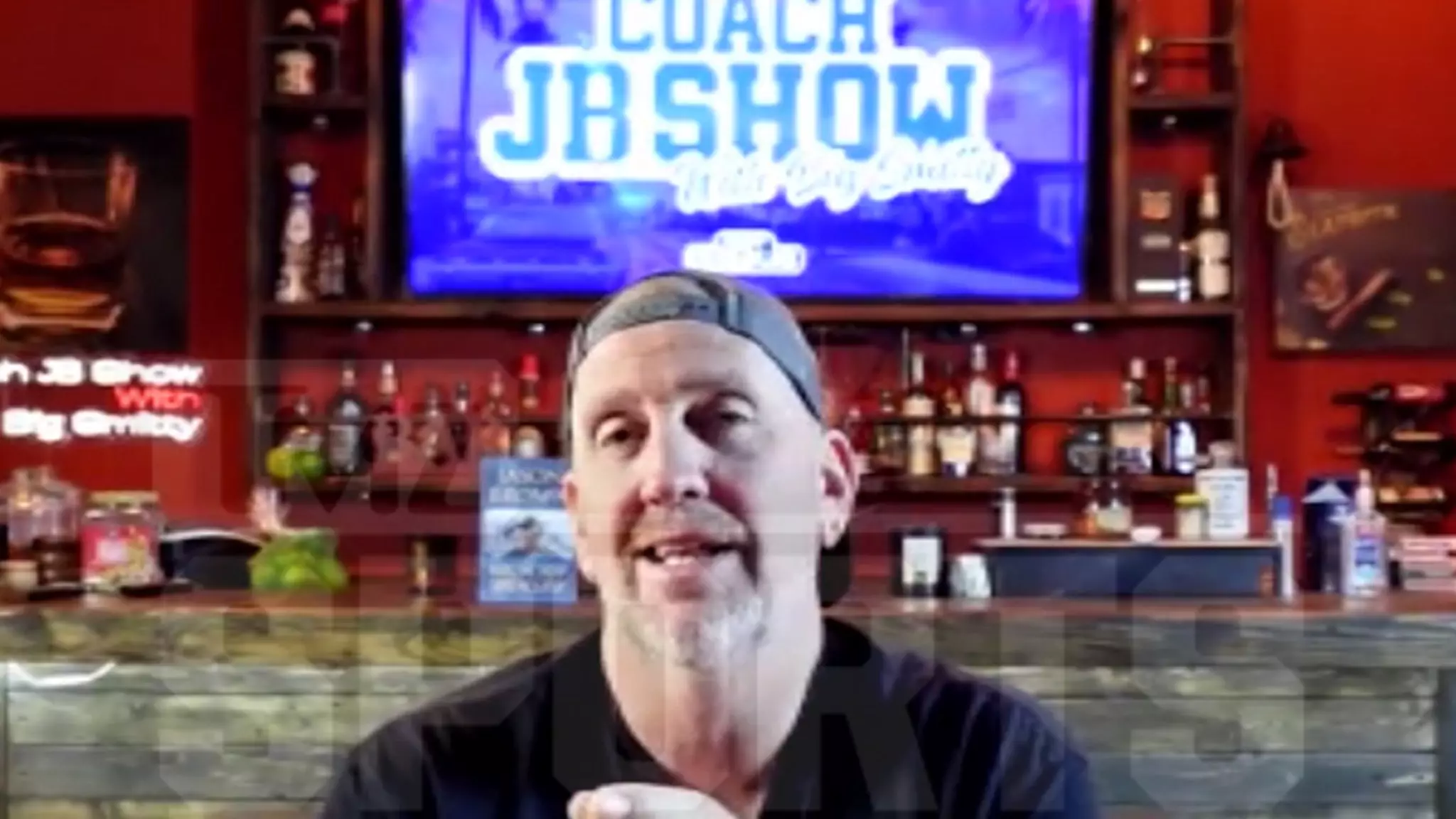The reality television series “Last Chance U,” which documents the lives of junior college football players and their struggles both on and off the field, has once again made headlines, but not for its typical drama. Recently, Coach Jason Brown, a well-known figure from the show, has indicated that he might pursue legal action against Netflix, as he grapples with issues surrounding fairness and accountability within the show’s framework. This potential lawsuit comes on the heels of other players from the series filing a lawsuit against the streaming giant, citing exploitation and lack of compensation.
Jason Brown, who gained notoriety for his fiery coaching style during his tenure as head coach at Independence Community College in Kansas, has been a significant part of the show’s narrative. While the series highlighted the challenges of student-athletes, it also drew attention to the various ethical implications of their portrayals. The players involved in the preceding lawsuits, including notable alumni like Ronald Ollie and Isaiah Wright, claim they were coerced into signing releases for their appearances and received no financial compensation despite the show’s success.
Brown has expressed serious concerns about how players and coaches have been treated within the scope of the show. He noted that he has never considered litigation before, but the alarming reports from former players have prompted him to reconsider. The undercurrent of exploitation resonates strongly with him: “We’re not actors, we’re coaches and players,” he asserted, highlighting the distinction between their actual lives and the crafted narratives of the show. Moreover, he acknowledged understanding the financial success the series has enjoyed, suggesting that there may be intrinsic value in their stories that hasn’t translated into fair treatment or remuneration.
The legal tempest brewing around “Last Chance U” raises critical questions about the ethical responsibilities of media giants like Netflix. It’s not just about one lawsuit or a few disgruntled alumni; it speaks to a broader narrative about the power dynamics between entertainment companies and the individuals they portray. The question arises: how can creators ensure that those who contribute to their stories are adequately recognized and compensated? Brown’s possible involvement in a separate legal endeavor also showcases a growing awareness among participants about their rights.
As Jason Brown’s legal team investigates potential claims, he has taken a stand, making it clear that he wishes to explore this path independently while standing in solidarity with the other plaintiffs. His acknowledgment of a possibility to “get involved” indicates a commitment to advocate for fairness in a situation he believes reflects broader systemic issues in sports media. The outcomes of these lawsuits could alter the landscape of how reality television operates, compelling producers to reassess their ethical obligations to participants.
As the saga continues, fans and stakeholders of “Last Chance U” will be eyeing the developments closely. Coach Jason Brown’s deliberation on pursuing legal action shines a light on vital conversations around justice, representation, and the treatment of real-life individuals within the entertainment industry. This case stands as a testament to the ongoing struggle for equity in media, where stories are told, but often at the expense of those who lived them.

